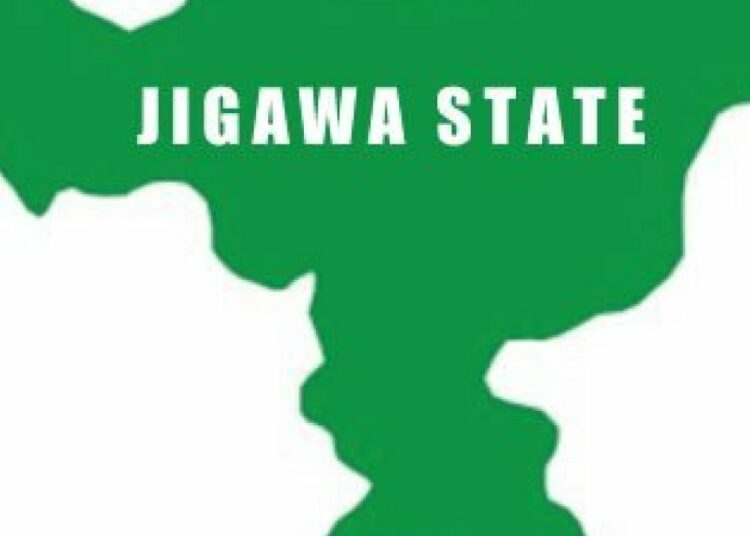A total of 10,730 vulnerable households have received agricultural inputs under the COVID-19 Action Recovery and Economic Stimulus (NG-CARES) Programme, Fadama Result Area II in Jigawa State.
Governor Umar Namadi revealed this at the launch of phase III of the input distribution exercise held in Dutse, the state capital.
He said the aim of Result Area II is to alleviate the Covid-19 pandemic’s impact on the food security of poor and vulnerable households, while also ensuring the smooth operation of the food supply chain.
“Our emphasis on Result Area II underscores our commitment to enhancing agricultural productivity and community resilience, not only within our state but throughout the nation.
“As we launch Phase III today, I have instructed the Standing Committee on Beneficiary Targeting, Implementation, and Monitoring to collaborate with the Project Secretariat to initiate the targeting process for an additional 30,000 beneficiaries in phases in the state, under the new Strengthening Community Resilience framework being developed by the World Bank,” Namadi said.
The governor added that the initiative aligned with his administration’s overarching vision of reducing poverty, enhancing food security, and elevating the livelihoods of citizens, irrespective of political affiliations.
In his speech the acting state coordinator of the project, Dr Aliyu Inuwa said under phase III J- CARES programme Fadama Result Area a total number of 4,220 beneficiaries were selected from various communities, including 55 percent male, 43 percent female and 2 percent PWDs.
He said 2,000 beneficiaries have been selected to receive essential inputs such as seeds, fertiliser and crop production chemicals, while, under agricultural assets, 2,220 beneficiaries will benefit from critical farm assets like water pumps, processing machines, small ruminants, and poultry.




